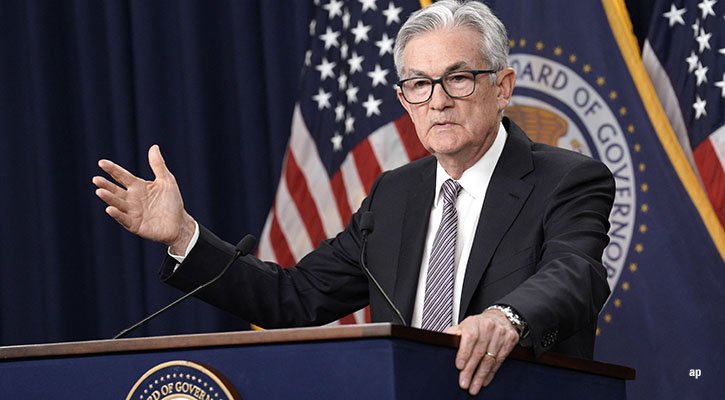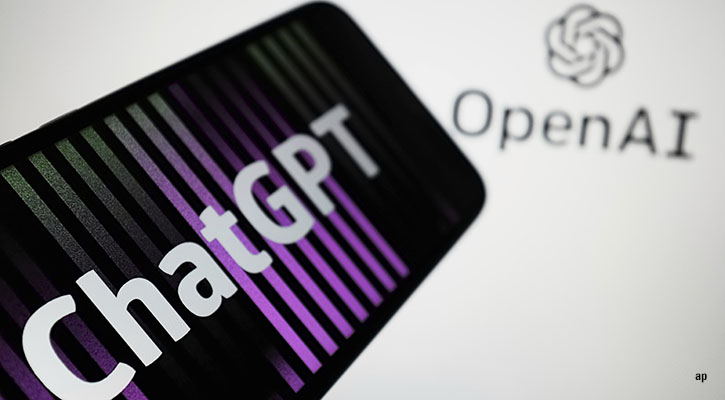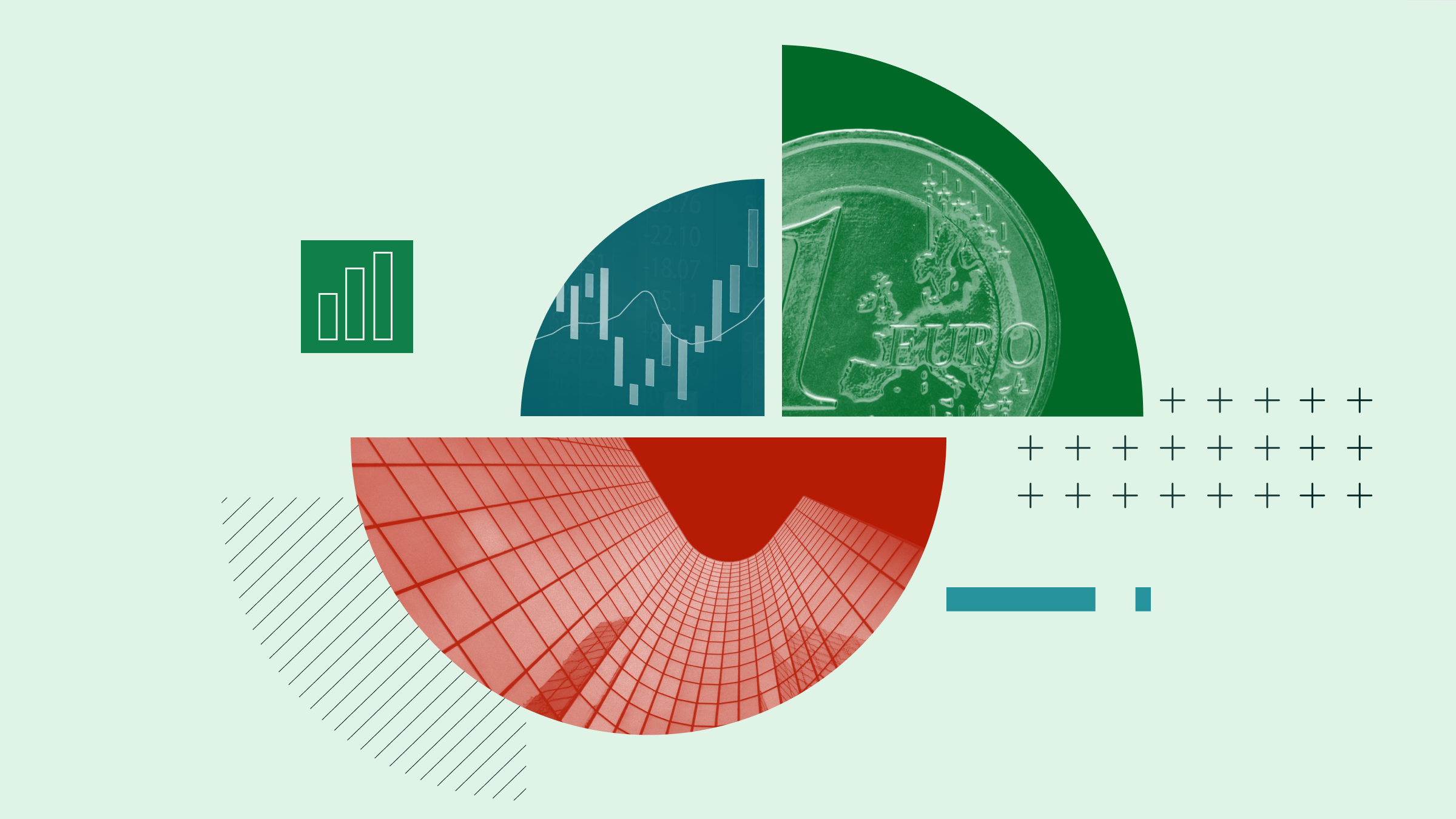Christine Benz: Hi, I'm Christine Benz for Morningstar. Some market experts have worried about how ETFs might behave and affect the broader market in a serious market downdraft. Joining me to share some perspective on that issue based on recent market action is Ben Johnson. He is Morningstar's director of global ETF research.
Ben, thank you so much for being here.
Ben Johnson: Thanks for having me, Christine.
Benz: So, Ben, let's talk about what the concerns were, but specifically, I want to look at recent market action and talk about whether any of that has shown itself in the recent days as we have seen a significant amount of market volatility.
Johnson: I think it's important to go back and remember that in recent years, we've seen everyone from academics to famous hedge fund managers fan these fears around ETFs--in one case, they were labeled weapons of mass destruction. What I would say is that, in recent weeks, what we've seen is yet another proof point that that couldn't be further from the truth. We specifically, during the week of February 24th, saw record dollar volumes in terms of ETF trading. ETF trading as a percentage of all equity trading in the United States rose to nearly 40%.
Benz: Wow.
Johnson: Now, what does that mean? That means that investors of all stripes were increasingly using ETFs to react, to express their views on all of this information that was coming to the market across equities, across fixed income, across commodities, you name it. And what we saw was a very efficient and very orderly process under a stress environment and, again, record volumes. So, it feels like, if ETFs in the past two weeks haven't sort of passed the test, they're never going to pass the tests in the minds of those that think that they might be weapons of mass destruction.
Benz: Let's talk about some examples. Are there any funds where you think it's sort of a good example of how--well, this vehicle worked basically as it was intended to?
Johnson: The best example of this is iShares' flagship High Yield Bond ETF, the ticker is HYG. So, what we saw the week of February 24th in this particular ETF was record volumes. At one point, we saw its share count--so the amount of shares outstanding in this fund--reduced by nearly 25%. So, massive redemptions in this fund. And from point to point, the fund performed exactly as advertised. It tracked its index absolutely bang on. Premiums and discounts--the difference between the fund's price and its underlying net asset value--stayed well within normal ranges, and it facilitated the ability of all different types of investors to express their views on a basket of junk bonds that was trading back and forth between them like a stock all day, every day through one of the most tumultuous periods we've seen in the market in recent memory.
Benz: Let's talk about what investors can do to protect themselves in periods of extreme volatility. Say, they are exchange-traded fund investors. Are there any sort of good hygiene practices that they should use to ensure that they're not somehow caught up in something that they didn't intend to happen with their portfolios?
Johnson: I think investors, especially in these times, should never forget what the "ET" in ETF stands for, which is "exchange-traded." These funds trade on exchanges like stocks, so investors should be careful, especially during volatile market times, when it comes to transacting in ETF shares. And if there is one thing I can say with respect to ETF-trading best practices, it's to use limit orders. When you use a limit order, you ensure that you'll get the price you want, nothing different. If you use a market order in volatile times, you run the risk of getting a price that you might not like. So, be careful when it comes to trading ETFs. Use limit orders. And if you don't have to trade, simply don't trade.
Benz: Don't do it, right. Ben, it's always great to get your perspective. I know you and the team will be keeping close eye on what's going on with ETFs if we continue to see volatility. Thank you so much for being here.
Johnson: Thanks for having me, Christine.
Benz: Thanks for watching. I'm Christine Benz for Morningstar.























